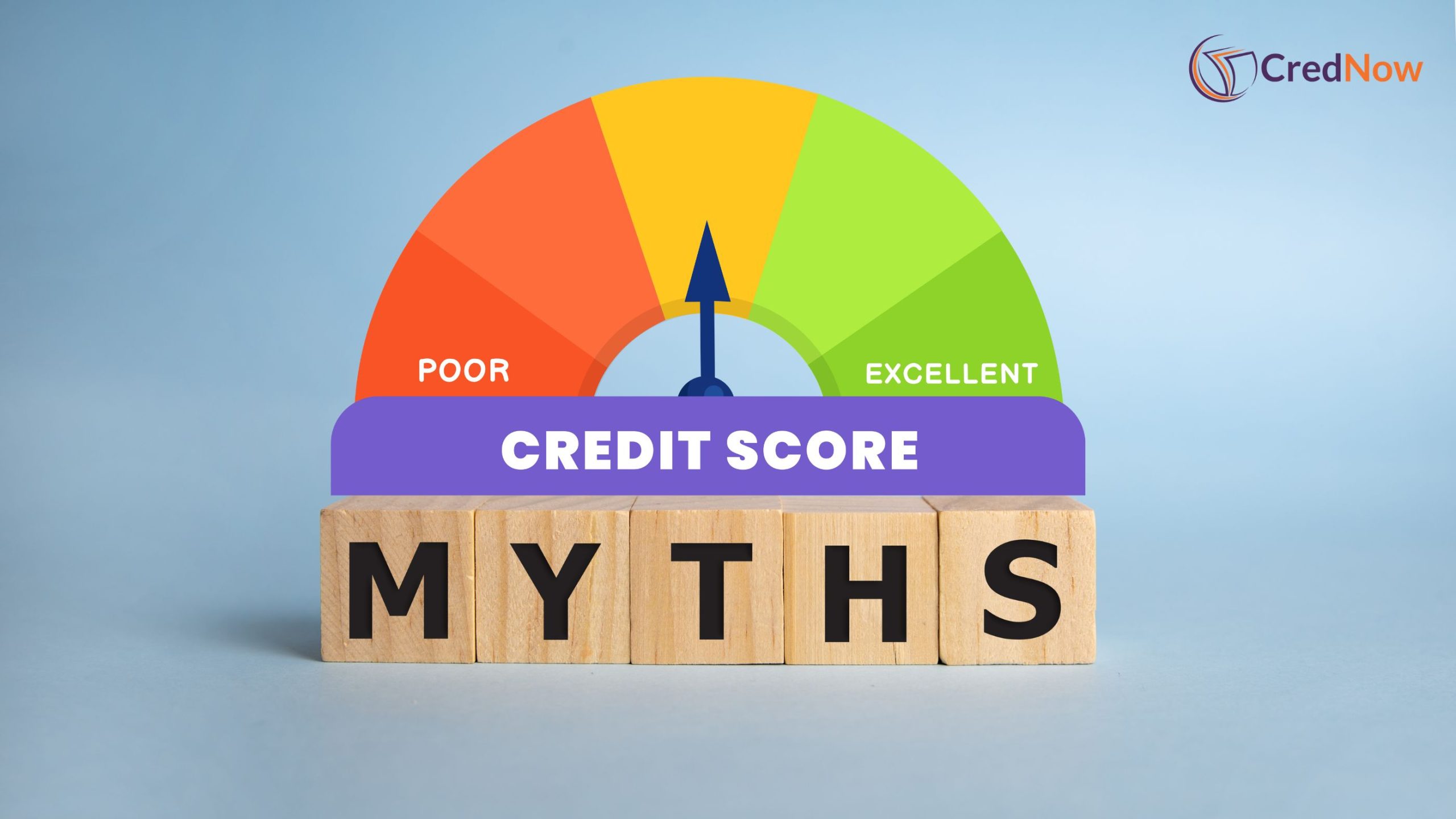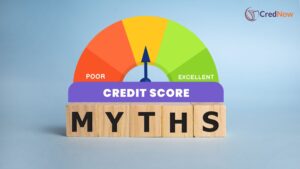Credit Score Myths You Should Stop Believing in 2025
Great! Here’s your third finance article, written with a natural tone, SEO optimization, and close to 1000 words:
Credit Score Myths You Should Stop Believing in 2025
Your credit score plays a major role in your financial life—whether you’re applying for a loan, getting a new credit card, or even renting a house. But with so much advice floating around, it’s easy to fall for misinformation.
In 2025, credit reporting has become more advanced, but the myths around credit scores still confuse people. If you’re trying to build or improve your credit, knowing the truth is the first step. This article clears up the most common myths and helps you make smarter credit decisions.
🧠 What Is a Credit Score, Anyway?
Before we bust the myths, let’s cover the basics.
A credit score is a three-digit number that represents how likely you are to repay borrowed money. In most countries, including the U.S. and Pakistan, credit scores range from 300 to 850. The higher the number, the better your credit health.
It’s based on factors like:
- Your payment history
- Credit card usage
- Length of credit history
- New credit accounts
- Types of credit used
Now, let’s get into the biggest credit score myths of 2025—and the facts behind them.
🚫 Myth 1: Checking your credit score will lower it
✅ Truth: Checking your own credit score is called a soft inquiry and it has zero impact on your credit. You can (and should) check your score regularly.
Only hard inquiries—like when you apply for a loan or credit card—can slightly lower your score. But even then, the effect is minor and temporary.
💡 Tip: Use apps like Credit Karma, ClearScore, or your bank’s dashboard to monitor your score without any penalty.
🚫 Myth 2: You need to carry a balance to build credit
✅ Truth: This is one of the most damaging myths. You do not need to carry a balance or pay interest to improve your score.
What helps your credit is using your card and paying it off in full every month. Carrying a balance just costs you more in interest and doesn’t boost your credit.
💡 Tip: Aim to use less than 30% of your credit limit, and pay your balance completely each month.
🚫 Myth 3: Closing old credit cards improves your score
✅ Truth: Closing a long-standing credit card can hurt your score because it reduces your credit history and available credit.
Your credit age and credit utilization ratio are important parts of your score. Closing a card can shorten your history and increase your usage percentage.
💡 Tip: If you’re not using an old card, consider keeping it open and using it once in a while to keep it active.
🚫 Myth 4: Your income affects your credit score
✅ Truth: Your salary or income is not part of your credit score.
Lenders do consider income when deciding to approve you for a loan, but your credit score is based only on how you handle credit—not how much you earn.
💡 Tip: Whether you earn a little or a lot, focus on paying on time, staying under credit limits, and avoiding too many new applications.
🚫 Myth 5: You only have one credit score
✅ Truth: You actually have many different credit scores.
Different credit bureaus (like Experian, Equifax, and TransUnion) may have different data. Lenders might use different scoring models like FICO or VantageScore, and each has multiple versions.
💡 Tip: Don’t stress over one exact number. Aim to stay in the good to excellent range (700+) across all bureaus.
🚫 Myth 6: Paying off a loan erases it from your credit report
✅ Truth: Paying off a loan is great, but it doesn’t remove it from your credit history.
In fact, a paid-off loan stays on your report for up to 10 years—and that’s a good thing! It shows lenders you’ve successfully handled debt.
💡 Tip: Make your last payments on time. A clean, completed loan improves your report.
🚫 Myth 7: You can boost your score overnight
✅ Truth: Improving your credit score takes time and consistency.
There’s no magic trick to instantly raise your score. Some quick fixes—like paying down a large balance—can help fast, but long-term habits matter more.
💡 Tip: Set up autopay, review your credit report for errors, and stick to your budget.
📈 How to Build a Healthy Credit Score in 2025
Now that we’ve debunked the myths, here are proven ways to improve your credit score this year:
- Pay your bills on time, every time
Your payment history is the #1 factor. - Keep credit usage under 30%
For example, if you have a Rs.100,000 credit limit, try not to go over Rs.30,000. - Don’t apply for too many cards at once
Multiple hard inquiries in a short time can hurt your score. - Maintain older accounts
Credit age matters, so keep older cards open if possible. - Use a mix of credit types
A healthy mix (credit card + car loan, for example) helps your score. - Check your credit report regularly
Look for mistakes and dispute any incorrect information.
🔍 Where Can You Check Your Credit Score?
Here are some trusted platforms (some depend on your country):
- Credit Karma (US, UK) – Free credit monitoring
- ClearScore (UK, India, South Africa, Pakistan)
- Experian – Official credit bureau
- Banking apps – Many banks now show your credit score for free
🧠 Final Thoughts
Understanding your credit score is one of the smartest money moves you can make. The more informed you are, the better decisions you’ll make when borrowing, applying for credit, or managing your budget.
Don’t let outdated advice hold you back. In 2025, it’s time to drop the myths and focus on what really works: pay on time, borrow smart, and stay consistent.









Post Comment